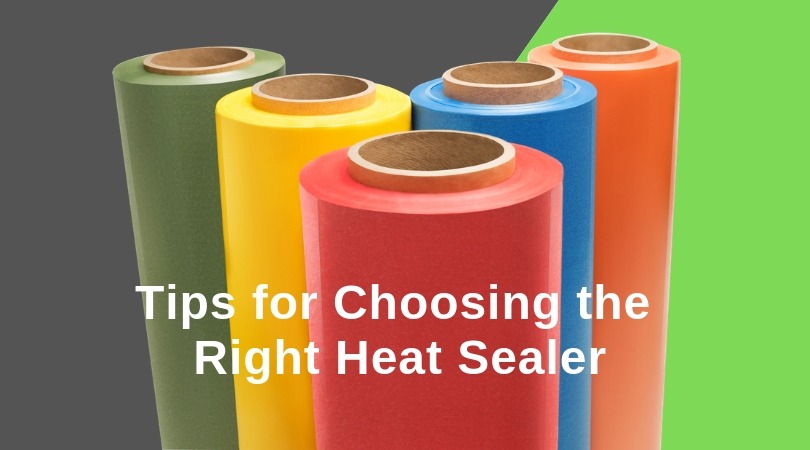Tag Results
-
September 22, 2023
What is Shrink Wrap?
Shrink Wrap is a plastic film typically made from polyolefin plastic. This strong and lightweight film is used to secure and protect products for shipping, storage, and in-store displays. Shrink film is loosely wrapped around individual products and shrinks in the presence of heat, tightly conforming to the shape of the product inside. The heat is supplied by either a heat gun or a shrink tunnel. Shrink wrap is available in different sizes, thicknesses, and types to serve a wide range of applications. Shrink wrap ensures products are safeguarded and ready for retail.
Shrink Wrap vs. Stretch Wrap
The terms “shrink wrap” and “stretch wrap” are often used interchangeably, but these two plastic films have a few key differences that set them apart. Stretch wrap is tightly wrapped around palleted items without the
-
August 16, 2023There are significant differences between shrink-wrap and stretch-wrap. This article dives into those differences so you can make an informed decision.
-
February 04, 2019
Heat sealers are machines that are used for mending both the sides of packaging film together so that it forms an air tight seal. The heat sealers use heat to melt and mend materials together to form a seal. However, it is necessary to understand what materials can be used with the heat sealers. Also, you need to determine the thickness of the packaging film to be used with specific type of sealers.

Common Materials
Many products are sealed using a heat sealer. Most of the flexible materials are measured in mils. Materials that are 1-3 mils thick are considered standard. Materials ranging from 4-8 mils of thickness are medium to heavy. The thicker materials need more heat
